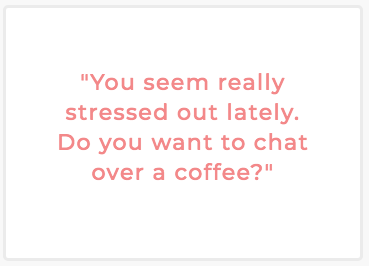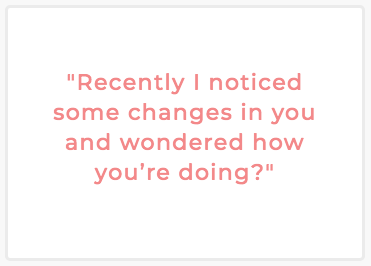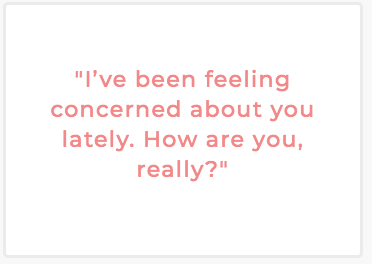
Faced with an international crisis such as the one we’re living in at the moment, will naturally spawn a series of adverse emotions that might manifest within our daily lives.
Lockdown, whether it is mandatory or optional, is something out of the norm for many. What some are calling the “new normal” might not be easy to adapt to. Hence why a multitude of individuals need not only protect themselves from getting the COVID-19 virus, but learn how to care for their mental well-being.
In this article, we will be addressing distinct lockdown outcomes, their impact on our mental state and the best approaches to soothe their repercussions. No one is immune to the Coronavirus lockdown aftereffects. You or someone you love might be calling out for help.
CONFUSION COMING FROM MULTIPLE NEWS SOURCES
When one’s stuck at home, one of the most common activities is to spend time online. Social media platforms thrive on the spread of news. From individuals sharing untrustworthy articles to the media turning rumours into newsworthy features, regrettably, the emergence of fake news in relation to the COVID-19 is abundant. Hearsay should not be passed on during discussions, as it might reach worried ears and cause considerable harm.
Don’t assume every piece of information is factual. Rely on media which have high authority. Listening to news 24/7 will escalate your anxiety. With so many daily updates, dedicate just a few instances to keep yourself abreast with the changes and spend the rest of the day doing something worthwhile or fun.
STRANGE REACTIONS TO UNUSUAL CIRCUMSTANCES
Many of us have only heard about pandemics in history books. Some might not have even imagined that a virus could put a standstill to everything we hold dear. When faced with something unfamiliar, a justifiable reaction would be that of panic.
However, being overwhelmed by feelings of uncertainty might put one’s mental well-being to a halt. Shine a spotlight on positive thoughts and consider making a list of things you are thankful for.
ADJUSTMENTS TO PROFESSIONAL TASKS
Social distancing measures led to shifts in staff’s work placements to home residences. Although remote working is not a brand-new concept, workers who have never operated under such a process might have found it difficult to adjust. Close contact with colleagues shrivels down, adapting to working from home and many other feelings might boost up stress levels.
Keep in mind that any transformation needs its own adjustment period. Some might manage it quickly, others might take longer to find their routine. Find out about some good work from home practices that could give you the boost you need, which will help you adjust to the new home/work setup and keep productivity high.
However, being overwhelmed by feelings of uncertainty might put one’s mental well-being to a halt. Shine a spotlight on positive thoughts and consider making a list of things you are thankful for.
DISTANCING FROM FRIENDS AND FAMILY
Sunday lunches, weekly outings and the occasional reunion all had to take the side-line to adhere with social distancing guidelines. Feelings of loneliness and disconnect can be felt like vibrations.
Grab that telephone, initiate on a video chat or drive by someone’s house to say hello – maintaining the social distance guidelines of course. Conversation or seeing a familiar face is beneficial for both the giver and the receiver. Observe remarks from those close to you, and ensure they are getting all the help they need. Richmond Foundation has a list of conversation starters to assist someone to open up should they be facing tough times.



HECTIC DAYS FOR PARENTS
With school doors shut for more than two months now, many parents had to shift their daily structure to incorporate home schooling. Some students are getting lessons online, whilst other parents are creating activities to ensure their little ones do not stay idle for months on end. Taking care of children’s academical education might be seen as an additional burden. Children might also be exhibiting unusual behaviour following the uncertainty of the situation.
Practice deep breathing exercises or yoga to reduce anxiety. Anything can help; from a weekly bubble bath to putting on a relaxing Spotify playlist. Whatever helps you soothe your nerves, make sure to practice it regularly. Don’t leave the children in a limbo – explain what is happening, how their life will look for the next weeks/months, what they can do to help themselves and others around them, be their support system and loosen up unnecessary rigid rules that might make them feel trapped.
Remember that the situation surrounding COVID-19 might present threats which diminish our ability to cope. It’s always a good time to ask for help, and there’s always someone willing to listen.
